(CLO) The Belgian Court of Appeal has ruled that the Belgian government should compensate five women who were separated from their mothers and placed in orphanages during Belgium's colonial rule in Africa. The court confirmed that the act of separating children from their mothers was a crime against humanity.
Belgium must pay compensation to women abducted from their mothers and placed in orphanages in the Democratic Republic of Congo when the country was still a Belgian colony, a court ruled on December 2. The Brussels Court of Appeal overturned an earlier ruling by another court that it was too late to prosecute the state.
The court said that even though the incidents occurred 70 years ago, they constituted crimes against humanity and were therefore not subject to legal restrictions. "The court orders the Belgian state to compensate for the moral damage caused by the loss of contact with their mother, as well as the damage to their identity and their relationship with their original environment," the ruling read.
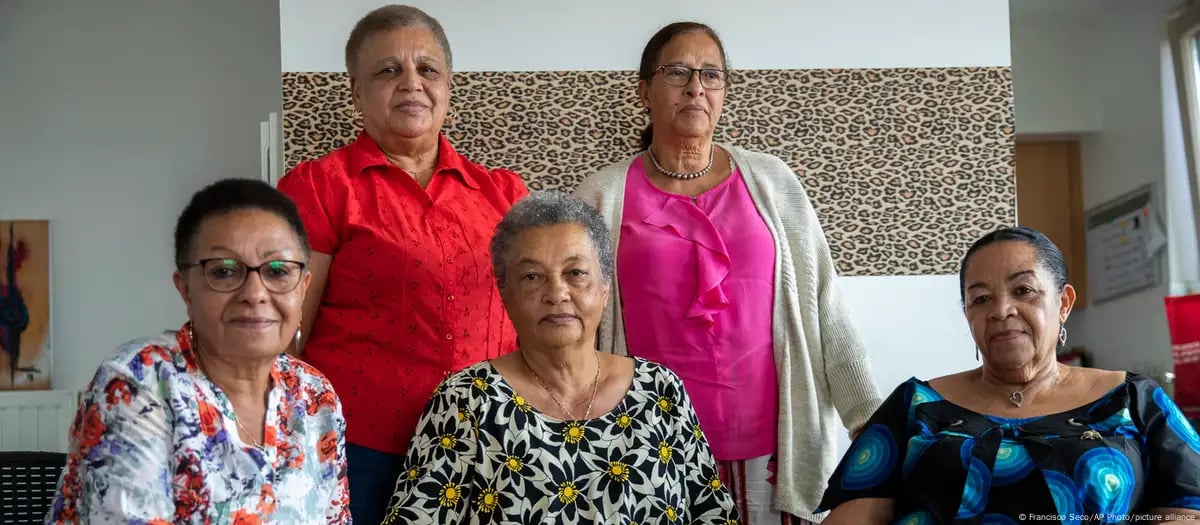
Simone Ngalula, Monique Bitu Bingi, Lea Tavares Mujinga, Noelle Verbeeken and Marie-Jose Loshi are plaintiffs in the case. Photo: AP
The five women at the centre of the case are Simone Ngalula, Monique Bitu Bingi, Lea Tavares Mujinga, Noelle Verbeeken and Marie-Jose Loshi. They were all born between 1946 and 1950, during the period when Belgium colonised the Democratic Republic of the Congo (1908–1960), as well as Burundi and Rwanda (1922–1962).
While there are no exact records of the number of children affected, experts estimate that as many as 15,000 children were victimized in the scheme. The Court of Appeal described the actions as “a systematic plan to seek out and abduct children born to black mothers and white fathers.”
In an interview with The Guardian, Monique Bitu Bingi recalled that a white man visited the village and her family was told that they had to take her to a Christian mission three days away.
"I cried and cried, but there was no one," she shared about her memories of that day in 1953.
The case is the first to shed light on the fate of children born during the Belgian colonial period to white fathers and black mothers who were not recognized by their fathers or assimilated into white society. The mothers were forced to place their children in orphanages in what are now Burundi, Rwanda and the Democratic Republic of Congo.
The five women in the lawsuit say they were placed in Catholic institutions and lived there until Belgium withdrew from its colonies at independence. They were then abandoned.
Hoai Phuong (according to DW)
Source: https://www.congluan.vn/bi-phai-boi-thuong-vi-danh-cap-tre-so-sinh-o-cac-thuoc-dia-cu-post323970.html


![[Photo] Party and State leaders attend the special art program "You are Ho Chi Minh"](https://vphoto.vietnam.vn/thumb/1200x675/vietnam/resource/IMAGE/2025/5/18/6895913f94fd4c51aa4564ab14c3f250)

![[Photo] Many young people patiently lined up under the hot sun to receive a special supplement from Nhan Dan Newspaper.](https://vphoto.vietnam.vn/thumb/1200x675/vietnam/resource/IMAGE/2025/5/18/6f19d322f9364f0ebb6fbfe9377842d3)


![[Photo] Ready for the top competitions of Vietnamese table tennis](https://vphoto.vietnam.vn/thumb/1200x675/vietnam/resource/IMAGE/2025/5/18/9c547c497c5a4ade8f98c8e7d44f5a41)













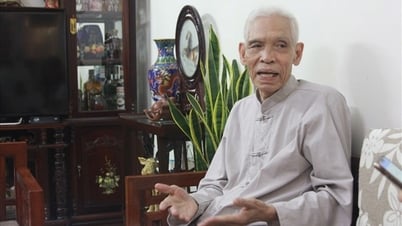

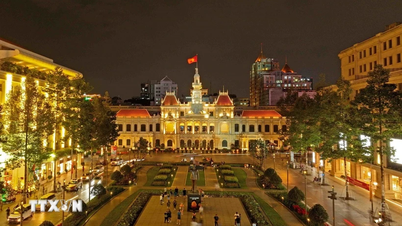

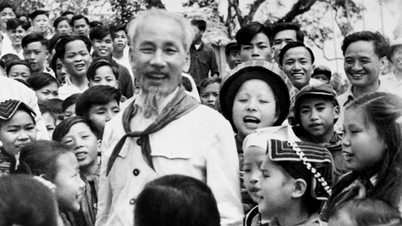
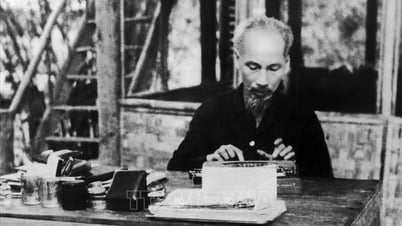


























































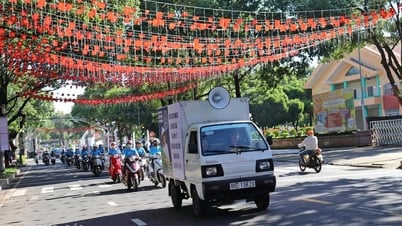

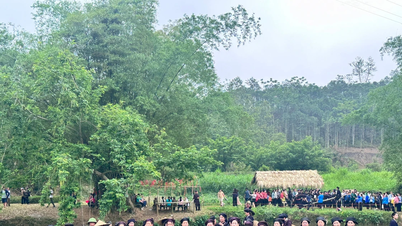












Comment (0)